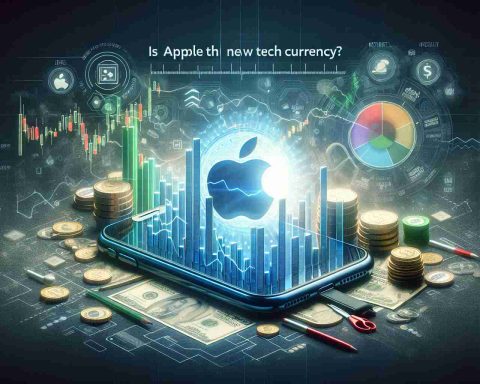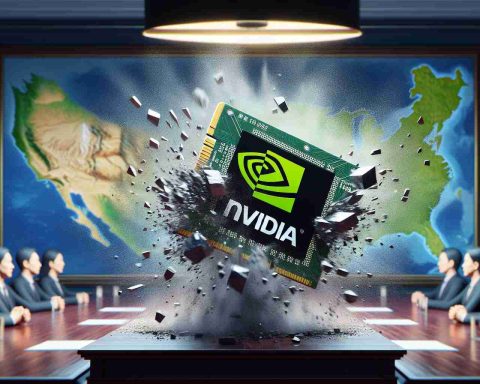Nokia, a leading player in global technology innovation, has embarked on a substantial share buyback initiative. On Tuesday, the company repurchased 872,093 shares, each at an average rate of €4.01. This move is part of a strategic effort to counteract the potential dilution resulting from the issuance of new shares to stakeholders of Infinera Corporation, following a recent agreement between the two companies.
The buyback program, which commenced just a day prior, adheres to the standards set by the Market Abuse Regulation in the EU. Approved during Nokia’s Annual General Meeting on April 3, 2024, this initiative extends through December 31, 2025. Nokia aims to buy back a total of 150 million shares, with a ceiling expenditure of €900 million.
Post these transactions, Nokia’s treasury now includes 361,446,696 shares. Implementing such buyback programs is a frequently employed tactic to increase the value of the shares that remain on the market. This strategy also seeks to provide an indirect return of capital to shareholders by reducing the available supply.
Renowned for its innovative approach in the B2B technology sector, Nokia is dedicated to developing cutting-edge networks engineered for seamless integration. This commitment is supported by the trailblazing research of Nokia Bell Labs. By purchasing its own shares, Nokia underlines its focus on sustaining shareholder value amidst its ongoing expansion and collaboration with Infinera.
Details regarding this share repurchase were drawn from a company press release, reflecting Nokia’s ongoing endeavors to optimize shareholder worth.
How Nokia’s Strategic Moves Are Shaping the Future of Global Technology
In recent developments, Nokia’s share buyback initiative has raised both eyebrows and questions about its wide-ranging implications not just on its own business model, but potentially on the global technology landscape. While the company is asserting control over its own value in an ambitious move to offset dilution, there’s a myriad of perspectives to consider—each shedding light on how technology companies are navigating complex financial waters in today’s economy.
The Double-Edged Sword of Share Buybacks
Nokia’s effort to reclaim a significant portion of its shares is part of a broader trend in corporate finance. Share buybacks can increase shareholder value by reducing the number of shares available, thus making remaining stocks worth more. However, they also come with drawbacks. Critics argue that funds used for buybacks might be better spent on innovation, expansion, or workforce development—all crucial in maintaining a competitive edge.
For communities relying heavily on tech jobs, the balance Nokia strikes between buybacks and reinvestments can have profound implications. While bolstering shareholder returns can enhance immediate market confidence, excessive focus on buybacks might mean fewer resources for future projects and, consequently, fewer job opportunities.
Strategic Alliances and Market Dynamics
Nokia’s partnership with Infinera further illustrates its vision of integrating robust networking solutions. Such alliances are vital as they provide the technological synergies needed for breakthroughs in sectors like AI, 5G, and IoT. Yet, these collaborations can also raise controversies regarding market monopolization and concerns over competitive fairness. Does this partnership push the industry toward more innovation, or does it stifle competing smaller entities unable to match such collaborative scale?
Navigating Regulatory Landscapes
The adherence to EU’s Market Abuse Regulation underscores Nokia’s commitment to transparency and ethical financial practices—setting a benchmark in corporate governance. However, it also opens up debates regarding the global regulatory environment’s adaptability and effectiveness. Are current regulations sufficient to oversee these complex financial maneuvers, or do they require modernization to handle the rapid evolution of global trading systems?
Questions to Ponder
– What is the long-term impact of Nokia’s buybacks on its global operations? The immediate financial gain is clear, but questions remain about long-term stability and innovation potential.
– How do such financial strategies affect employment in tech industries? Will other companies follow suit at the expense of expanding their human resources and talent development?
Conclusion
As Nokia advances with its share buyback program, the true extent of its impact—both positive and negative—will become evident over time. Stakeholders, including employees, shareholders, and industry analysts, will need to carefully watch for signs that reveal whether these financial maneuvers are laying the groundwork for enduring success or simply short-term market victories.
For more insights into technology and corporate finance, visit Reuters and BBC.























